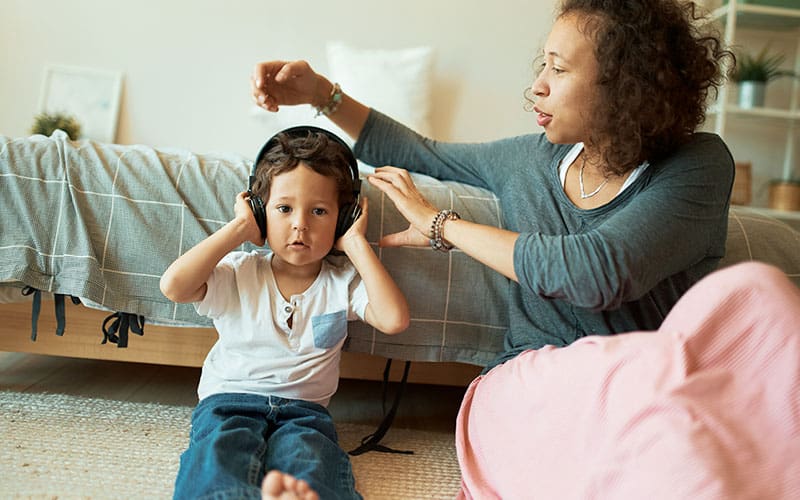Imagine a child so engrossed in arranging their school supplies that they cannot focus on anything else, or one who spends hours in the bathroom ensuring they’re cleansed from imagined germs. These are not mere quirks but potential signs of Obsessive-Compulsive Disorder (OCD) in children, a condition that transcends typical childhood routines by instilling intense anxiety and disruptive compulsions.
Kids OCD Therapy Services: Compassionate Care for Children’s OCD Challenges.

Decoding OCD in Children: The Underlying Signs
OCD in children can manifest uniquely, often centered around fears such as contamination, order, or making errors. These fears lead to compulsive behaviors aimed at mitigating anxiety but instead, trap the child in a cycle of repetitive actions and thoughts. Key indicators include:
- Excessive cleanliness or aversion to germs.
- An overwhelming need for things to be arranged perfectly.
- Repeatedly checking doors, homework, or other items.
- Engaging in mental rituals like counting or praying to ward off bad thoughts.
It’s crucial to differentiate between common childhood routines and OCD-related behaviors. The latter are primarily anxiety-driven and significantly disrupt daily functioning.
The Ripple Effects: How OCD Impacts Young Lives
Untreated OCD can seep into every aspect of a child’s life, affecting their academic performance, social interactions, and family dynamics. The relentless nature of their compulsions can lead to isolation and hinder their ability to engage freely in childhood activities.
Real Stories, Real Struggles: Case Studies of Childhood OCD
Consider Sarah, who can’t start her homework until her desk is arranged just so, or David, whose fear of germs leaves his hands raw from washing. These examples illuminate the profound impact OCD can have and underscore the urgency for early detection and intervention.
Empowering Recovery: Effective Treatments for Childhood OCD
The good news is that OCD is treatable, especially in children. Effective treatments include:
- Cognitive-Behavioral Therapy (CBT): Helps children identify and challenge the irrational thoughts driving their compulsions.
- Exposure and Response Prevention (ERP): Involves controlled exposure to anxiety-inducing situations to reduce the compulsive responses over time.
- Medication: Certain medications can be effective in managing OCD symptoms, typically in conjunction with therapy.
Partnering in Progress: How Parents and Teachers Can Help
Support from parents, teachers, and caregivers is crucial. Here’s how you can help:
- Educate yourselves about OCD to foster understanding and empathy.
- Maintain open lines of communication with the child, encouraging them to express their fears and frustrations.
- Celebrate small achievements and focus on gradual progress rather than immediate perfection.
- Collaborate with mental health professionals to develop and follow a consistent treatment plan.
Seeking Support: Professional Help for Childhood OCD
If your child exhibits signs of OCD, prompt professional evaluation is essential. Signs warranting immediate attention include:
- Compulsions consuming significant parts of the day.
- Severe distress or disruption to daily life.
- Escalating intensity of symptoms.
For professional support, start with your child’s pediatrician and seek referrals to mental health specialists experienced in treating childhood OCD. Support groups and online resources can also provide guidance and community understanding.
Conclusion: A Journey Towards Healing
Understanding and addressing OCD in children is a critical step towards enabling them to lead fulfilling lives. By recognizing the signs, seeking professional help, and providing a supportive environment, we can guide them through their challenges and towards a path of recovery and growth.
Have you navigated childhood OCD, either as a parent or educator? Share your insights or seek advice in the comments below. Together, we can create a supportive community for families navigating this complex condition, paving the way for healthier, happier futures for our children.